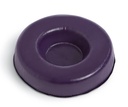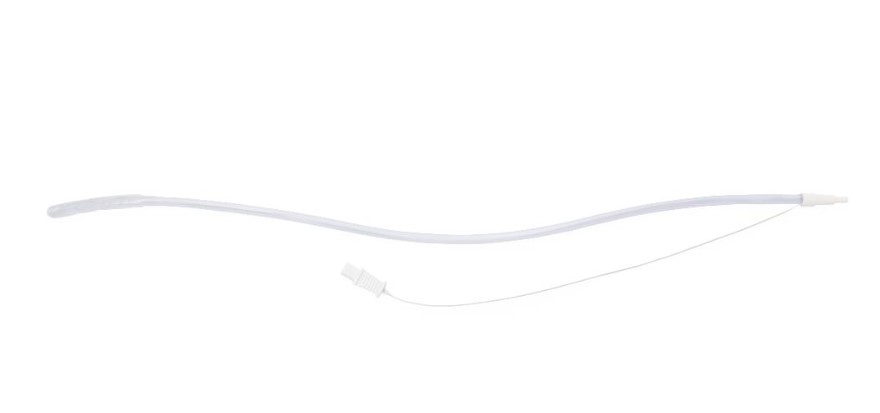Level 1® Esophageal Stethoscope W/ Temperature Sensor | 18fr
MED-DYNJAES40018
Medline
Exam Room Supplies
The MED-DYNJAES40018 Level 1® Esophageal Stethoscope with Temperature Sensor combines advanced acoustic monitoring and precise temperature measurement in a single device, designed for patients undergoing anesthesia in surgical and critical care settings. This dual-function stethoscope allows medical professionals to continuously monitor heart and respiratory sounds while simultaneously tracking core body temperature, providing real-time data crucial for maintaining patient safety during procedures. The 18 French (18Fr) size is ideal for adult patients, offering a secure and comfortable fit for accurate monitoring.
Key Features:
- Dual Functionality: Integrates acoustic and temperature-sensing capabilities to streamline monitoring and improve patient care
- Temperature Sensor: Built-in temperature sensor provides continuous, accurate core temperature readings for efficient thermal management
- High-Quality Acoustics: The stethoscope’s advanced design ensures clear transmission of heart and lung sounds, aiding in quick detection of respiratory and cardiac irregularities
- 18 French Size: 18Fr diameter is suited for adult patients, providing effective monitoring while maintaining patient comfort
- Flexible and Safe: Made from biocompatible materials for safe esophageal placement, designed for ease of insertion and reliable positioning
Benefits:
- Enhanced Patient Monitoring: Continuous acoustic and temperature data helps anesthesiologists and surgical teams maintain critical oversight of patient status
- Efficient Workflow: Combines two essential monitoring tools in one device, reducing the need for separate temperature probes and stethoscopes
- Accurate Core Temperature Tracking: Real-time temperature monitoring from the esophagus provides a more precise measure of core temperature compared to external methods
- Improves Safety: By providing immediate access to respiratory and cardiac sounds, it assists in the early detection of any adverse events during anesthesia

 0
0








